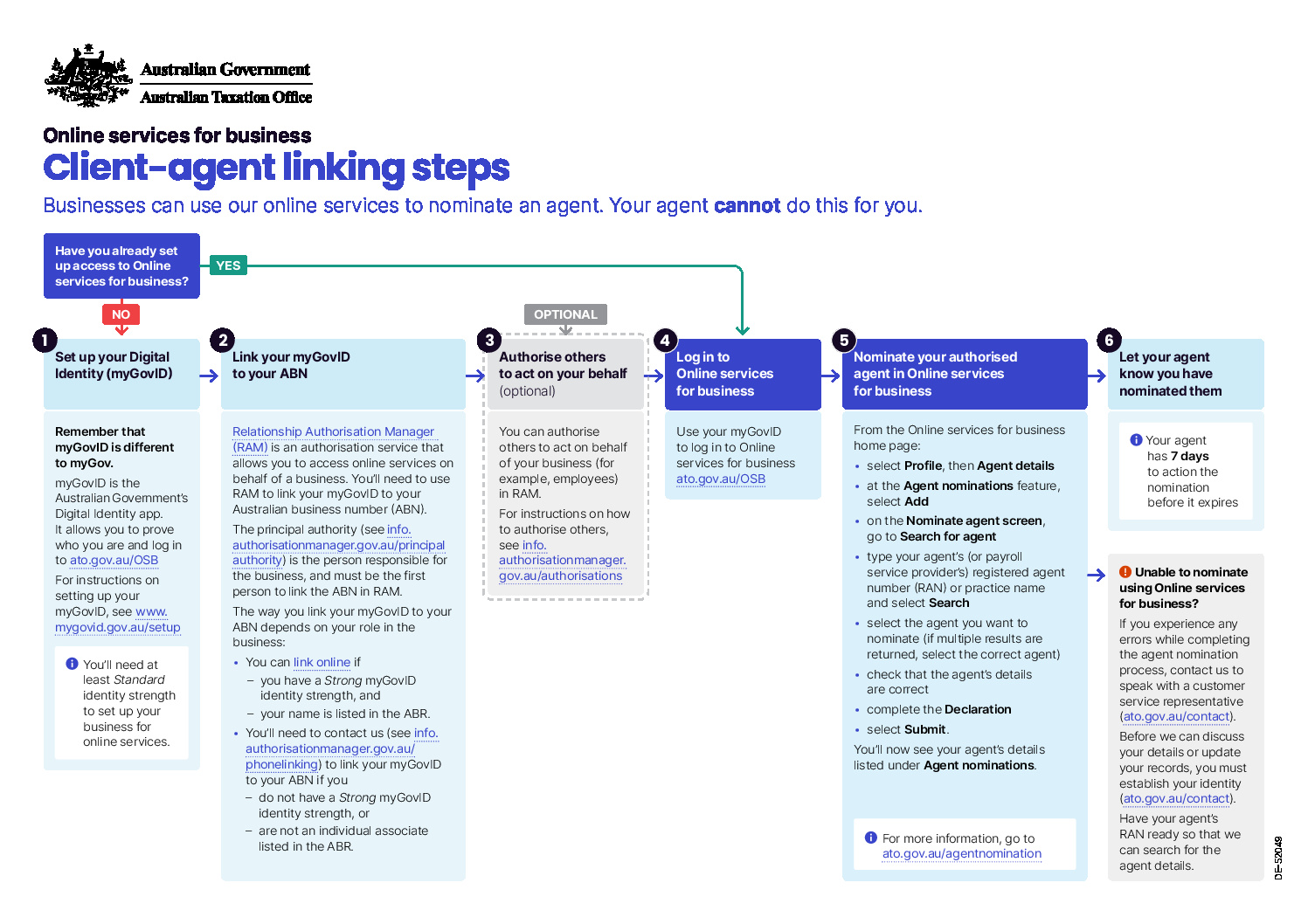Ever wondered why you think the way you do about money?
Well if so, try and go back to remember what your earliest memory of money was.
For some, it may centre around receiving pocket money or for others it may be simpler in that you were given money on a regular basis to buy your lunch at school. Thinking back to how your parents talked about and spent money will also influence your relationship with money now.
So once you’ve reflected on your earliest memory, then ask yourself, what is most important about money to you now?
Everyone’s answer will be different. So I’m not here to analyse you right or wrong. There is no right or wrong in this question. Just how you feel about money will influence how you make decisions about purchases, savings and giving: three things that we do with money.
But the one myth I want to stamp out straight away is that money is not the root of all evil.
Money is merely the way we exchange value for services or goods that we wish to acquire. The problem isn’t that we could always do with more if we had more, the problem is when we become greedy to have more than we deserve or can do good with.
Yes money can change everything for you. There is no doubt that it can powerfully influence our thoughts and actions in ways that we’re often not aware of, no matter our economic circumstances. Studies have proved that wealth and the pursuit of it has been linked to immoral behaviour. But we should never punish ourselves where we can be blessed with our fair share.
The most important aspect we should never let money do is cloud our moral judgement. There have been many studies suggesting that merely thinking about money could lead to unethical behaviour. A classic example of this is theft. The thought of having what you want if only you had money at your fingertips, has led many white collared criminals to do the unthinkable.
Money itself can be addictive, especially if you have been used to receiving a certain level and then that level begins to drop. You may find yourself between a rock and a hard place before you feel comfortable again should your level of income not be as affluent as you were used to. This can lead to other mental health issues such as depression and anxiety.
The biggest lesson we should always remember is that money can’t buy happiness, and certainly it can’t buy love. We all think it can make us happier, but I’ve witnessed more destruction of families where wealth is involved, and on the flip side where there is absolutely no wealth at all, than when there is just enough in a family.
The recent GFC period saw many people have to adjust their spending habits and do with less than they had been living off previously. Of those who came through that period with next to nothing on the other side have been the ones I’ve seen grow the most. The pursuit of getting the next big thing (boat, house or car), fell away and finding joy in the simple things in life, such as the rose garden, became the next best thing.
There could be a lot said about how money makes you feel. But really it is the level of disposable income that you have that has a direct correlation on “how you are feeling”. Sure, if we asked the average person are they happy with what level of income they are earning, most would say no. Not sure we’d meet anyone who would answer with they’d like to be earning less however. We’d all like to be earning more when it is said and done, because we think it will make us feel more comfortable.
But trust me, it would simply mean you would learn to live to that means and there would be a new drive to want to earn more again. The missing part about wanting money, is we need to understand why we want more of it.
If it is simply to buy the next big thing, or smaller things like the next designer handbag, let me challenge you with the two other things that we can do with money: save it and give it to help others.
You might have answered right in the beginning that you are more of a saver than a spender. This may have been as a result of how you were first taught to handle money or that you were influenced by those who spent it and never had anything to show for it.
The question of why you are saving also needs to be reviewed. Do you have a major purchase or investment that you wish to make with that nest egg? Perfect reason to save your money. Or on the flip side are you just a little tight and don’t like to spend at all? Once again, no right or wrong answer.
We should always be mindful of having some reserve of money for a rainy day. And those rainy days come when you least expect it. There is a new generation of people who rely on the credit card or the pay-day lenders for their rainy day needs. And this type of habit can be very unhealthy for a family.
Bring back the teaching of saving I say. The best way of achieving this is to aim for a reserve amount that you should always keep. This is most important for business owners as every business needs working capital. But personally, we should always look to have some kind of cash reserve, just in case.
The last thing that we can do with money is to give it. Now for those of you who may be spenders or savers, this might not come naturally for you. Giving of money can be very spiritually rewarding. Knowing you are assisting another person or people can change your whole mental state, and I don’t mean in the negative; unless you really are a tight keeper of money.
To give is to receive. You might not always receive back in hard cash, but the feeling of giving and receiving joy is sometimes unexplainable.
I recently leant money to a friend who I did expect to receive it returned. So far it hasn’t come back and whilst I was coming to grips with how that was going to make me feel, I started to reflect on what did that money do for him and his family. Well that story is a great one. He was able to get his visa sorted out in America, allowing him to return to his home country of the Philippines where he was able to surprise his elderly mother. The joy that I witnessed upon his return, was more than enough return for me in knowing where that money went. If he doesn’t get to return that money to me now, I’m not worse off. Assisting his family to reunite has been enough reward for me.
Giving didn’t come naturally to me in the first instance. I wasn’t brought up that way. But it’s something my husband has taught me graciously over our marriage. Now I can’t stop giving. Now he has a go at me at our level of giving sometimes. But the joy and satisfaction I receive in making a difference for others, is so rewarding.
So I encourage you today, to think about your earliest memory and what it is about money that’s important to you. If you don’t like what you see then do something about it and make a change. Hopefully, one for the better.













